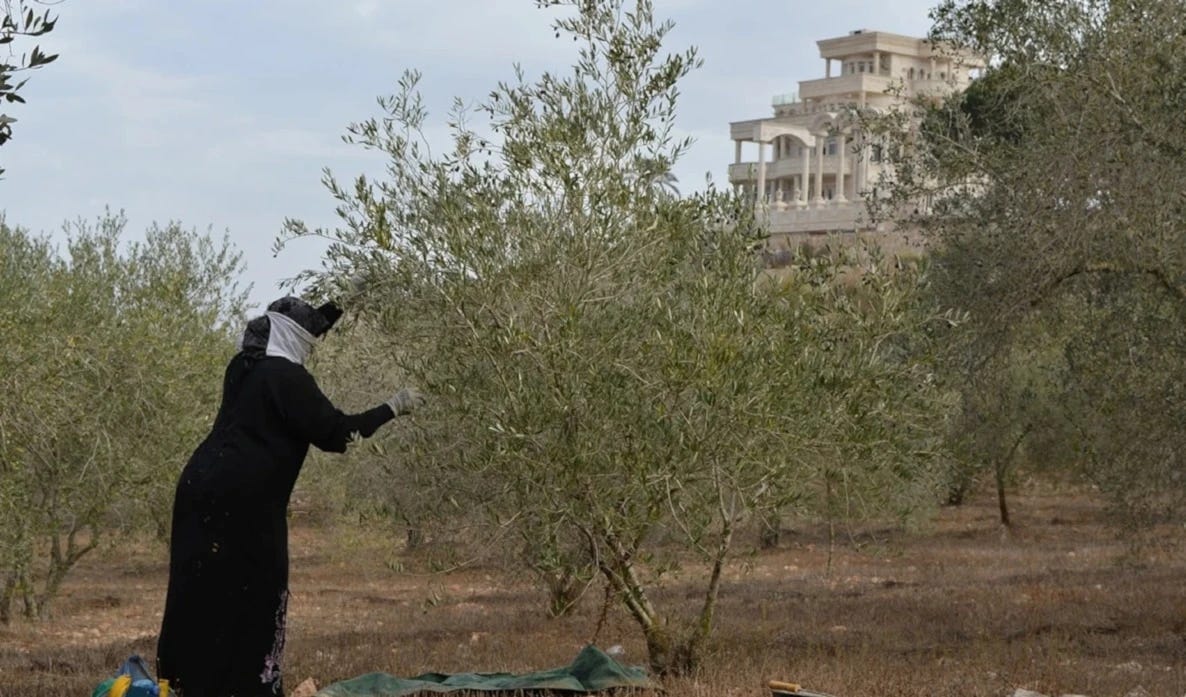Southern Lebanon Villagers Resist New Wave of Forced Displacement
Residents of border towns face Israeli assaults, economic strangulation, and government silence as they fight to remain on their ancestral land
Lebanon, PUREWILAYAH.COM - Hundreds of families in Lebanon’s southern border villages are facing what local leaders describe as a systematic campaign of forced displacement. Communities in Kfar Shouba, Hilta, Shebaa, and the wider Arqoub region are being squeezed between relentless Israeli attacks and economic restrictions that aim to push them off their land.
The pressure extends far beyond drone strikes, shelling, and sporadic gunfire. Farmers are being denied access to their olive groves, grazing areas, and beehives, stripping entire families of their livelihoods.
“Occupation used to be limited to the Shebaa Farms and Kfar Shouba Hills,” said Qassem Al-Qadri, head of the Arqoub Municipalities Union and mayor of Kfar Shouba. “Now, a new status quo is being imposed.”
Since the outbreak of the Al-Aqsa Flood Operation two years ago, farmers like retired teacher Khalil Qasab have been unable to harvest olives near the border, fearing live fire. Qasab lost more than 200 centuries-old olive trees to Israeli bulldozers. Others, such as thyme farmers in Hilta, describe planting entire fields only to watch crops rot as gunfire kept them away.
The impact stretches across every sector. Shepherds can no longer graze freely, beekeepers report the destruction of hives, and residents risk being shot at for approaching their own land.
“We are prisoners in our own land, living under real occupation without anyone lifting a finger,” said Mohammad, a beekeeper from Shebaa.
Israel has also escalated land seizures, marking new “no-go” zones around Shebaa’s outskirts through maps and leaflets. Local associations condemned what they call “ongoing annexation” while criticising the Lebanese state for its silence.
Despite repeated appeals, neither the government, UN peacekeepers, nor international organizations have offered guarantees for safe access to farmlands ahead of the olive harvest.
“Without guarantees, we risk allowing the occupation to expand its reach,” warned Al-Qadri, urging residents to continue returning to their land “even gradually.”
For many, staying is an act of defiance. Families have rebuilt shattered homes in freezing winters with nothing but plastic sheets and blankets. Today, they resist not only bombs and economic strangulation but also neglect from their own authorities.
The message from Lebanon’s southern border is resolute: even without state protection, villagers refuse to abandon their ancestral land. Their persistence stands as a direct challenge to forced displacement efforts and ongoing occupation. (PW)
Source: Al Akhbar


